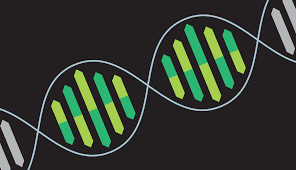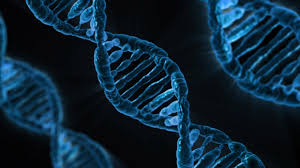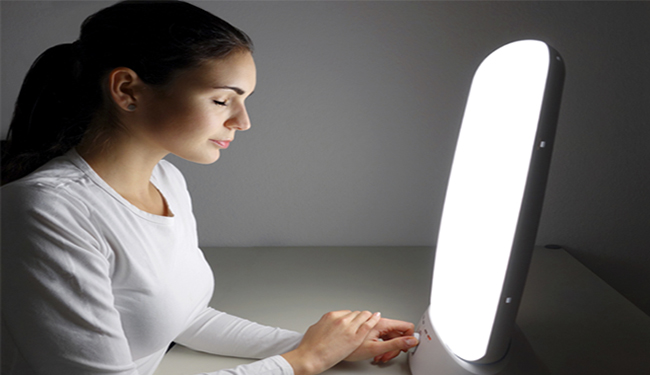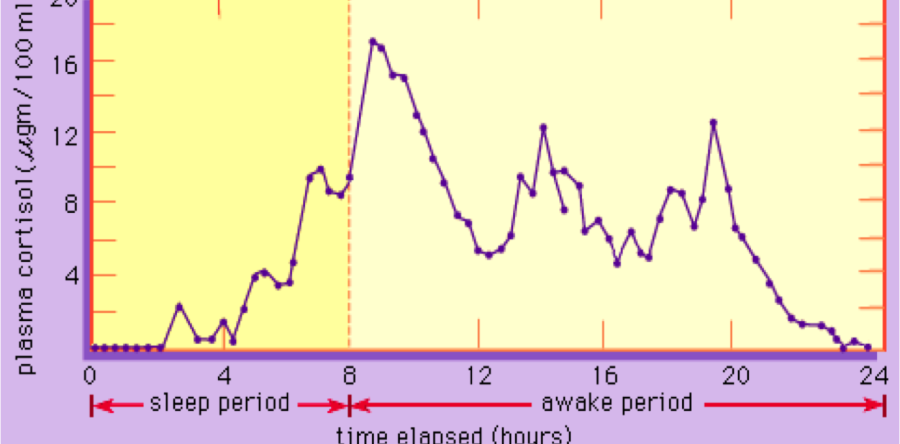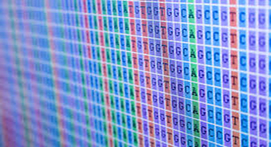There have been numerous genetic studies for sleep disorders in humans, mammals and fruit flies (Drosophilia). Variants in the genes CLOCK, BMAL, OPN4, NFIL3, RORC, BHLHE40, ASMT, CRY1, CRY2 and PER3 can cause circadian rhythm malfunctioning. A study from 2003 found that a variant of the PER3 gene is associated with Delayed Sleep Phase Disorder. The length of the PER3 gene allele correlates with a person's tendency for morningness or eveningness - "the shorter allele was strongly associated with the delayed sleep phase syndrome patients."…
More
PER3 Gene Mutation and Delayed Sleep Phase Disorder
September 1, 2017
